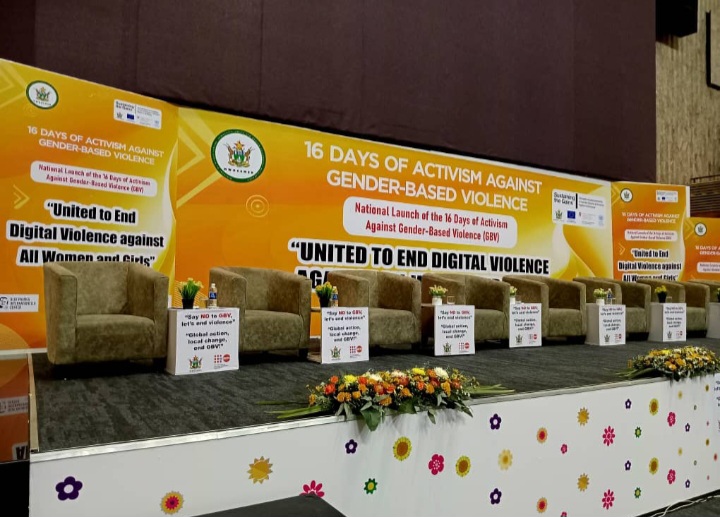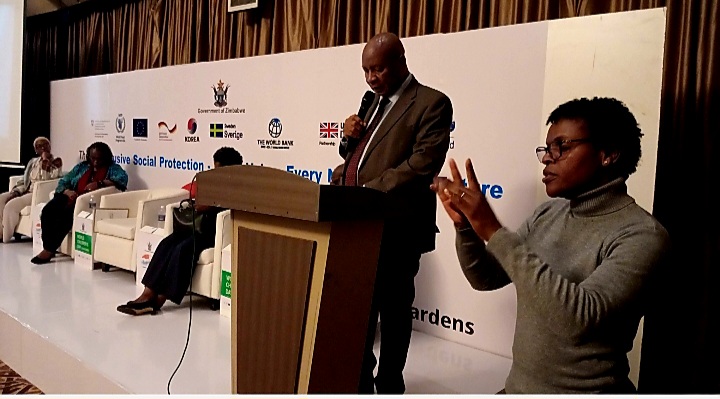Minister Monica Mutsvangwa
By Luscious Velinya
In a decisive move to bridge longstanding gender gaps, the Government of Zimbabwe has unveiled the National Gender Policy (2025) — a sweeping, multi-sectoral blueprint designed to accelerate gender equality and women’s empowerment.
Spearheaded by the Ministry of Women Affairs, Community, Small and Medium Enterprises Development, the policy outlines ten priority areas to address deep-seated disparities in legal rights, economic participation, healthcare access, climate resilience, and political representation.
In the policy’s foreword, President Emmerson Mnangagwa emphasized the centrality of gender inclusion to national development, asserting that “sustainable progress cannot be achieved without full gender inclusion.” The policy aligns with Zimbabwe’s Vision 2030 and the United Nations Sustainable Development Goals (SDGs), particularly SDG 5 on gender equality. Its stated vision is the creation of a “Gender Just Society” where all citizens—regardless of gender—contribute equally to national progress.
Legal Reforms and Access to Justice
A cornerstone of the policy is the reinforcement of constitutional rights, with proposals to streamline judicial processes that often disadvantage women due to long delays and prohibitive legal costs. Recent legal reforms—such as amendments to the Marriages Act (2022) and the Labour Amendment Act (2023)—form the legal scaffolding for this initiative.
Political Representation and Leadership
The policy mandates 50% gender parity in leadership positions across both public and private sectors by 2030, building on notable progress that saw women’s representation in local government increase from 13% in 2018 to 42% in 2023. However, it acknowledges persistent barriers such as gender-based violence (GBV), cultural stereotypes, and economic marginalization.
Economic Empowerment and Gender-Based Violence
Economic empowerment features prominently, with targeted interventions to expand access to finance and skills training for women in agriculture, mining, and small-to-medium enterprises (SMEs). The policy also doubles down on tackling gender-based violence, promising stricter enforcement of the Domestic Violence Act and enhanced survivor support services. These efforts are urgent, as GBV cases continue to rise, exacerbated by economic distress, climate shocks, and humanitarian emergencies.
Climate Action and Rural Equity
A progressive inclusion in the policy is gender-responsive climate action. With women—especially in rural communities—disproportionately affected by climate change, the policy integrates gender into disaster management and energy strategies. Despite national electrification reaching 62% in 2022, rural women continue to face energy poverty and bear the brunt of unpaid care work.
The Policy is yet another step towards the desired society where women are valued and treated equally alongside their male counterparts, and it is hoped that the policy will be implimented fully.


